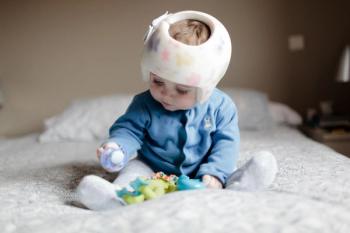
A new study urges pediatricians to screen for cognitive challenges as children with PPB age.

A new study urges pediatricians to screen for cognitive challenges as children with PPB age.
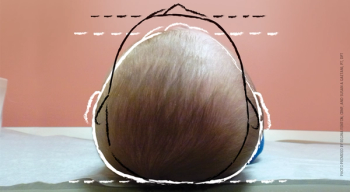
Pediatric healthcare providers are on the front lines to provide early identification and treatment of plagiocephaly/brachycephaly and torticollis for those infants spending more time supine/reclined and less time prone. Here’s why early intervention is so important.
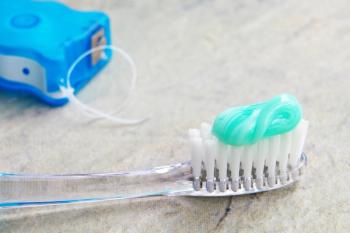
The second part of this article on integrating oral health into primary pediatric care discusses the important role of fluoride and fluoride varnish application for preventing dental caries in children.

Growing resistance to current drugs for influenza has spurred development of a new class of antivirals that target virus replication.

Many 6- and 12-month-old infants do not yet sleep through the night, but Canadian researchers found no significant associations between this situation and infants’ mental and psychomotor development or their mothers’ mood.
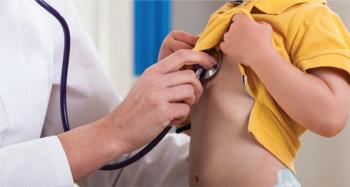
Jon Matthew Farber, MD, practices in Northern Virginia where he can refer patients to a large variety of pediatric specialists, but he often chooses not to do so. Here are some common conditions/findings that are often referred out that he believes are often unnecessary.
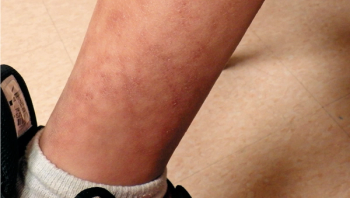
A healthy 11-year-old boy is brought to the office for evaluation of asymptomatic reticulated rash that started on his ankles 3 weeks ago and since has spread to his shins and the tops of both feet. He is on no medications and has had no history of trauma or recent illness. What's the diagnosis?

Febrile infants from disadvantaged neighborhoods with high rates of childhood poverty are much more likely than their peers from more affluent neighborhoods to have a bacterial source for their fever, according to a retrospective study of infants aged 90 days or younger with a temperature of 100°F or greater who visited an emergency department (ED) of an urban children’s hospital.
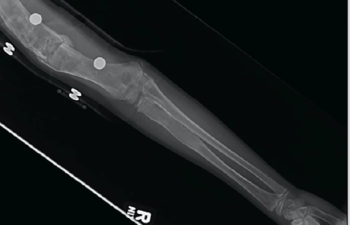
The patient, an 8-year-old male who recently immigrated to the United States from El Salvador, initially presented to the emergency department (ED) for a cough. The next day, he went to the general pediatrics clinic for follow-up and was noted to have a significant history of recurrent fractures.
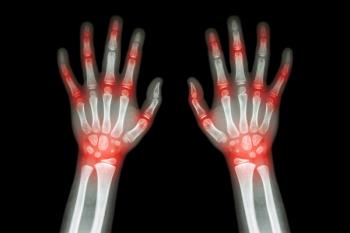
Early detection and vigilant screening are essential to reduce ocular complications, including blindness, in patients with juvenile idiopathic arthritis (JIA).

Of 973 preschool-aged children with acute gastroenteritis who visited 1 of 10 geographically diverse pediatric emergency departments (EDs), those who received a 5-day course of Lactobacillus rhamnosus GG, a commonly recommended and used probiotic, did not have better outcomes than those who received placebo, a prospective, randomized trial found.
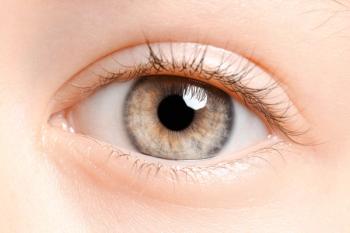
When a child presents with an eye injury, frontline clinicians should implement this 5-minute eye exam to quickly recognize what treatment is warranted and when to refer to an ophthalmologist.